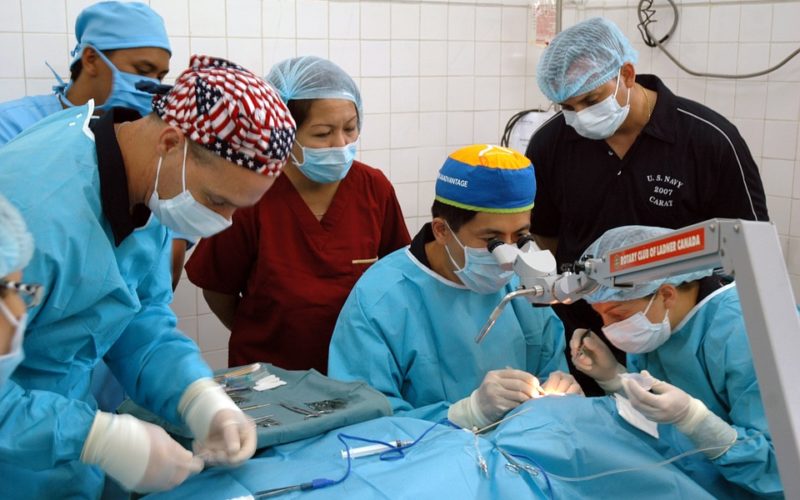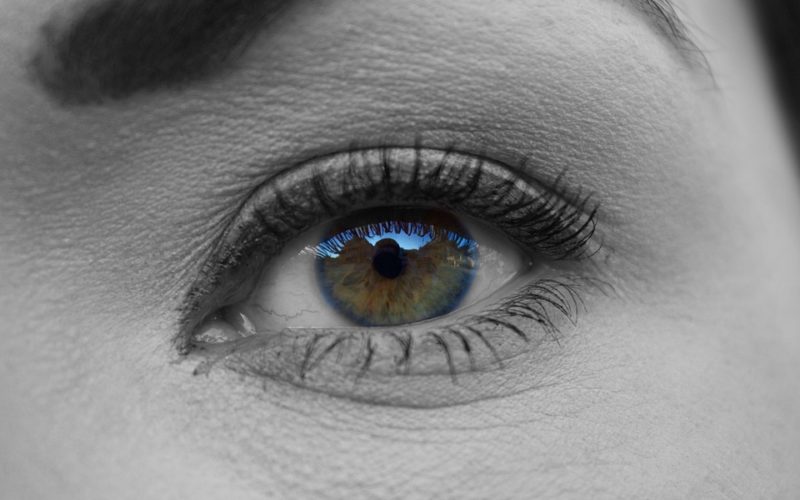New Age Of Aesthetic Enhancement
The last few decades have witnessed an unprecedented surge in the popularity of cosmetic surgery. With advancements in medical technology, the stigma surrounding such procedures is eroding, leading to a global acceptance and even celebration of aesthetic enhancement. This phenomenon, fuelled by celebrity culture and the influence of social media, is reshaping societal perceptions of beauty and self-improvement.
The evolution of cosmetic surgery
Cosmetic surgery has travelled a considerable distance from its early days of being a means primarily for reconstructive purposes. In the past, these surgeries were mainly available to correct disfigurements due to accidents, illness, or congenital disabilities. Today, it is commonly harnessed to alter appearances according to personal desires for beauty enhancement. The swift technological progress in the field, including minimally invasive procedures and quicker recovery times, has also made these surgeries more accessible and appealing to a broader audience.
Societal factors fuelling the trend
Society's relentless pursuit of the 'perfect' appearance has been a significant driver of the cosmetic surgery trend. The rise of image-centric platforms like Instagram has only amplified this desire, with aspirants seeking to emulate the polished, often unattainable, looks of influencers and celebrities. While this social pressure has a profound psychological impact on individuals, it also serves as a vehicle propelling the cosmetic surgery industry to new heights.
The role of media and technology
Media and technology have been critical components in the cosmetic surgery boom. Reality television shows that depict transformation stories and the transparency of sharing before-and-after pictures online have demystified these procedures. Additionally, technological innovations in virtual consultations and 3D imaging are allowing potential clients to preview their post-surgery results, thus boosting confidence in the process.
Issues of accessibility and affordability
With the rise in demand, the cosmetic surgery industry has seen an influx of service providers which, in turn, has made procedures more competitive and affordable. However, this has raised concerns about the quality of services offered by less qualified practitioners. It is crucial to maintain a robust regulatory framework to ensure patient safety and reliable results.
Ethical and psychological concerns
The booming trend does bring forth some ethical and psychological considerations. Critics argue that it may foster unrealistic standards of beauty, leading to a never-ending quest for physical perfection. The emergence of 'cosmetic surgery tourism' – where people travel abroad for cheaper treatments – is also associated with increased health risks. Mental health professionals additionally caution against the impact of cosmetic surgery on body image and self-esteem. It is vital to address these concerns, ensuring individuals make informed and psychologically sound decisions regarding their bodies.
Looking ahead
The trend of cosmetic surgery is set to continue with advancements in nonsurgical techniques and the introduction of new treatments, promising even more personalised and natural-looking outcomes. Effectively balancing the benefits against the potential risks will remain a challenge. Still, there is no denying that cosmetic surgery has become ingrained in modern culture as an avenue for personal transformation.
The world of cosmetic surgery is expanding at an astonishing pace, changing the landscape of beauty norms. While it opens the door to enhanced personal confidence and satisfaction, navigating the intersecting issues of health, ethics, and psychological well-being will be crucial for individuals and society alike, as we tread into the future of aesthetic enhancement.



























